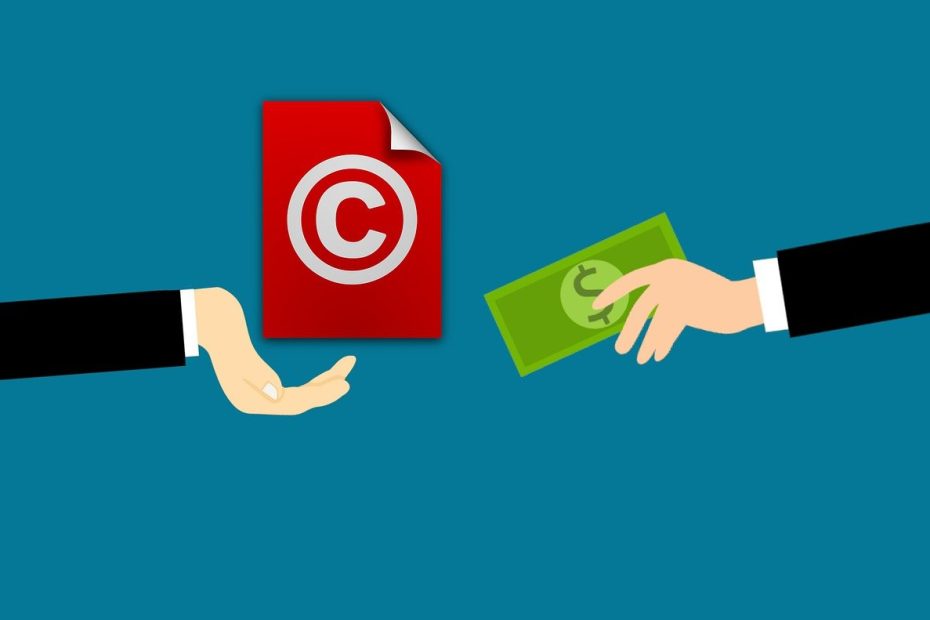As an artist or musician, the prospect of making a living from your music can be both exciting and daunting. While the creative process of writing, recording, and producing music is undoubtedly the most rewarding part of being a musician, it is also crucial to understand the business side of the industry. One of the most important aspects of the music industry is licensing, and specifically, mechanical licenses.
In this article, we will explore what mechanical licenses are, why they are essential, and how to obtain them.
What are Mechanical Licenses?
A mechanical license is a legal agreement that allows someone to reproduce and distribute a copyrighted musical composition. In simpler terms, a mechanical license gives permission to someone to make copies of a song and distribute it to the public, for example, by recording and selling it as a digital download or a physical album.
Mechanical licenses are required for anyone who wants to cover a song that they did not write themselves, or if they want to reproduce and distribute a song they wrote, but do not own the recording rights. This includes recording artists, record labels, and music streaming services.
Why are Mechanical Licenses Important?
Mechanical licenses are crucial for both music creators and licensees. Here are some reasons why:
- Copyright Protection: A mechanical license protects the songwriter’s right to earn income from their work. Without a mechanical license, anyone could reproduce and distribute a song without the songwriter’s permission or compensation, which would be a violation of copyright law.
- Revenue Stream: Mechanical licenses provide an essential revenue stream for songwriters and music publishers. Every time someone reproduces and distributes a copyrighted song, the songwriter and publisher receive a mechanical royalty payment.
- Legality: By obtaining a mechanical license, the licensee ensures that they are not infringing on the songwriter’s copyright. Failure to obtain a mechanical license can result in costly legal battles, which can damage the licensee’s reputation and finances.
How to Obtain Mechanical Licenses?
Obtaining a mechanical license can be a complex process, but it is essential for anyone who wants to reproduce and distribute copyrighted music legally. Here are the steps to follow:
- Determine the Copyright Owner: The first step in obtaining a mechanical license is to identify the copyright owner of the musical composition. This could be the songwriter, the publisher, or a music licensing agency.
- Contact the Copyright Owner: Once you have identified the copyright owner, you need to contact them and request a mechanical license. This can be done by sending an email, letter, or filling out an online form.
- Negotiate the License Fee: The copyright owner will set the license fee, which is typically a percentage of the revenue generated from the reproduction and distribution of the copyrighted work. Negotiations may be necessary to agree on the license fee and terms of the license.
- Obtain the License: Once an agreement has been reached, the copyright owner will provide a mechanical license. The licensee must ensure that they comply with the terms of the license, such as the number of copies that can be made and the duration of the license.
Conclusion
Mechanical licenses are an essential part of the music industry, and understanding their importance and obtaining them correctly is crucial for anyone who wants to reproduce and distribute copyrighted music legally. Mechanical licenses protect the songwriter’s copyright, provide a revenue stream for songwriters and publishers, and ensure that licensees are complying with copyright law.
The process of obtaining a mechanical license may seem daunting, but with some research and careful negotiation, it can be a straightforward process. By obtaining a mechanical license, you can legally reproduce and distribute copyrighted music, contributing to a vibrant and sustainable music industry.
